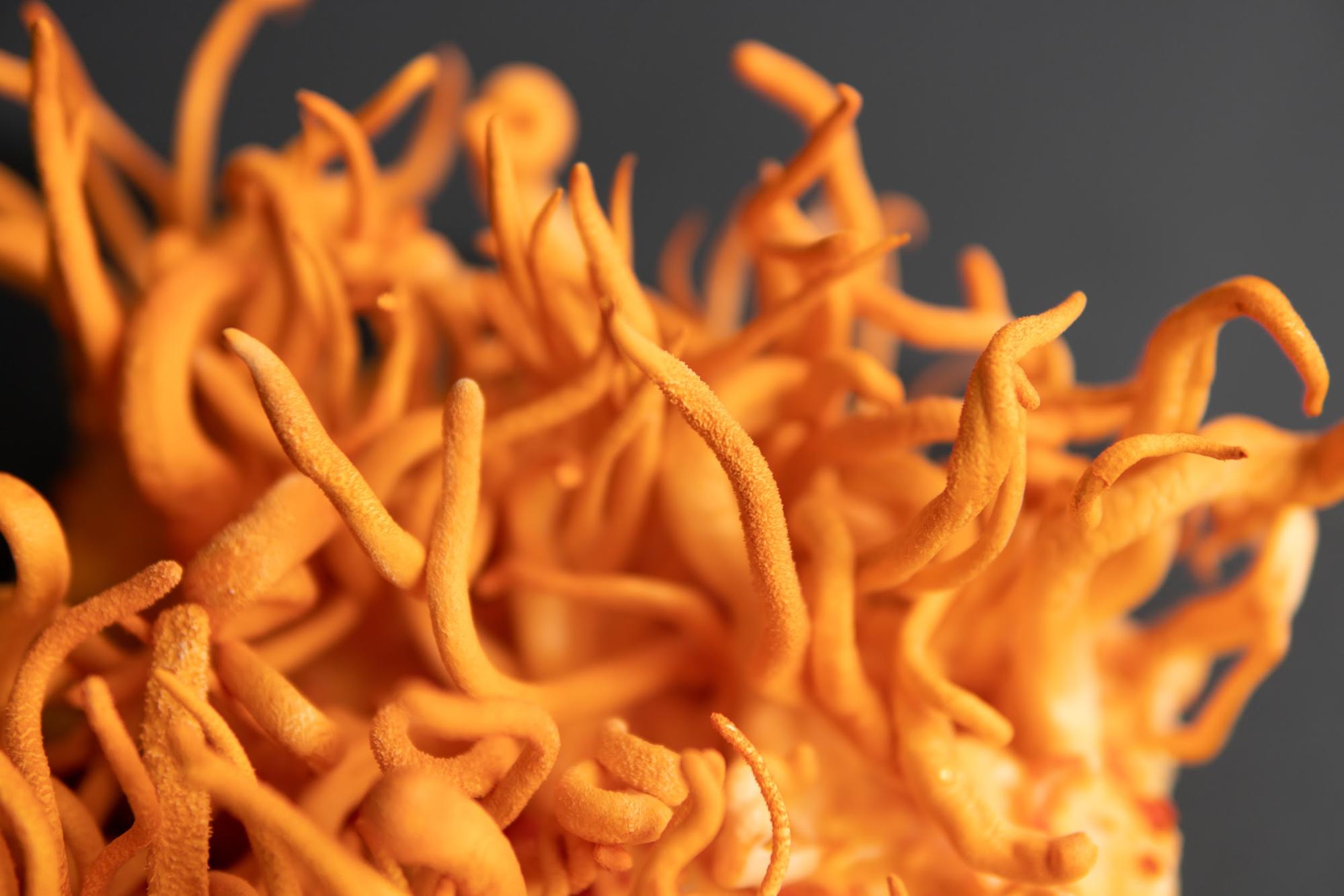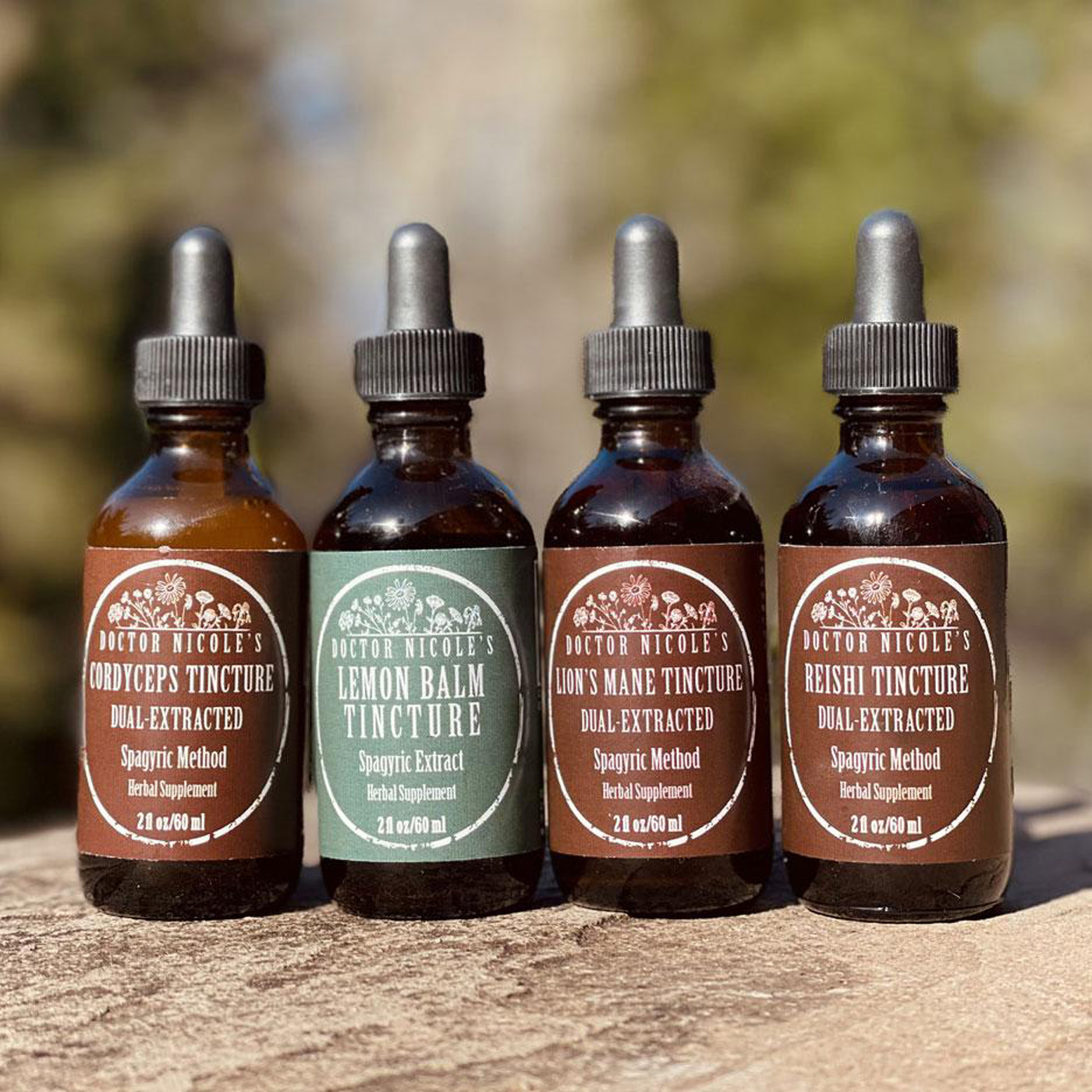New Study Links Low-Calorie Sweeteners with Cognitive Decline
For over a century, people have been utilizing low-calorie sweeteners and sugar substitutes — such as aspartame, saccharin, and xylitol — in an effort to reduce the risk of tooth decay, lower their caloric intake, and manage blood sugar levels. Jump to the 1970s, and the U.S. Food & Drug Administration (FDA) approved additional sugar substitutes (sucralose, erythritol, stevia, and monk fruit) for widespread human consumption. However, recent research has uncovered a darker side to several low-calorie sweeteners, including an increased risk of blood clots and now a correlation with cognitive decline. These findings raise an important question — how might these popular sweeteners be affecting your brain over time?
The Research
Published this past September in the journal Neurology, researchers established that individuals who consumed the highest levels of six different sugar substitutes experienced significant decline in memory and cognitive function.2 On average, this equated to an additional 1.6 years of brain aging compared to those who consumed less.
Researchers at the University of São Paulo Medical School in Brazil examined data from 12,772 Brazilian adults who were 52 years old on average. Each participant filled out a questionnaire documenting what they typically ate and drank over the previous year.1 The team looked for sugar substitutes that are used in low-calorie desserts, yogurt, and processed foods — such as aspartame, saccharin, xylitol, erythritol, sorbitol, tagatose, and acesulfame K.

The participants were then split into three different groups based on their level of consumption of low- or no-calorie sweeteners: low (about 20 mg/day); Moderate (around 66 mg/day); and High (about 191 mg/day — the equivalent of one can of diet soda). Over the course of eight years, they underwent a range of cognitive tests that included verbal fluency, word recall, memory, and processing speed. Results were adjusted for age, sex, high blood pressure, and cardiovascular disease.
When researchers examined the data, they found that adults under 60 who consumed the most artificial sweeteners experienced faster declines in verbal fluency and overall cognitive function compared to those who consumed the least. No such link was seen in participants over 60. The connection between high sweetener intake and cognitive decline was also stronger among people with diabetes than those without the condition. Interestingly, tagatose was the only sugar substitute examined that didn’t cause cognitive decline.
On average, the moderate intake group experienced a 35% faster rate of memory and processing decline, as well as a 110% faster rate of verbal fluency decline. Whereas those in the high consumption group had a 62% faster decline in memory and thinking, and an astounding 173% faster decline in verbal fluency.
The team is quick to point out that correlation doesn’t equal causation: their findings don’t prove the sweeteners cause cognitive decline. However, some experts believe that consuming greater amounts of sugar substitutes changes your microbiome composition and may in turn drive inflammation, which can impact cognitive function.3,4
Does this mean we should swap out low-calorie sweeteners for refined sugar? Ideally, it’s best to adjust your taste buds to enjoy the natural sweetness of fiber-rich whole foods. When you need an occasional substitute, focus on stevia, monkfruit, or low-glycemic date sugar.
Daily Support for Memory, Mood, and Clarity
To strengthen cognitive function naturally, our Brain Bundle is an excellent option. It contains dual-extracted, fruiting body medicinal mushroom tinctures that work synergistically to promote mental clarity, reduce stress, and restore balance. Cordyceps, Lion’s Mane, and Reishi medicinal mushrooms support cognitive health, improve vitality, calm inflammation, and encourage stress resilience. Also included in this bundle is a potent Lemon Balm extract for calm, clear focus. Together, these herbal remedies provide plant-powered support for your brain and nervous system.
HIGHLY RECOMMENDED!
“This Brain Bundle is amazing! For a while now I have been wanting to stop taking Adderall for my ADHD, but having gone back to college as an older student it made me hesitant for fear of eventual declining grades. As a firm believer in the power of medicinal plants, I took a leap and tried the bundle.
A week later I weaned myself off of my Adderall to see how I could function with only the tinctures, and now, nearly two months later I am amazed at the results! The characteristic brain fog did not return, my memory seems to be functioning better than ever, my recall has been at the top of its game lately, and as a plus I’ve noticed that my anxiety level has been at an all-time low. My next goal is to stop my anxiety medication, which now seems very feasible with these tinctures! I HIGHLY recommend everyone try them – you won’t be sorry!” – Kelly H.
Improve cognitive function, sharpen focus, and feel energized — try our Brain Bundle today!
Nicole Apelian
Nicole’s Apothecary Products in this Post
References
- “Not so sweet: Some sugar substitutes linked to faster cognitive decline” American Academy of Neurology Press Release, September 3, 2025. https://www.aan.com/PressRoom/Home/PressRelease/5281
- Gonçalves NG, Martinez-Steele E, Lotufo PA, et al. Association between consumption of low- and no-calorie artificial sweeteners and cognitive decline: an 8-year prospective study. Neurology. 2025;105(7):e214023. doi:10.1212/WNL.0000000000214023
- Hosseini A, Barlow GM, Leite G, et al. Consuming artificial sweeteners may alter the structure and function of duodenal microbial communities. iScience. 2023;26(12):108530. doi:10.1016/j.isci.2023.108530
- Hetta HF, Sirag N, Elfadil H, et al. Artificial sweeteners: a double-edged sword for gut microbiome. Diseases. 2025;13(4):115. doi:10.3390/diseases13040115






